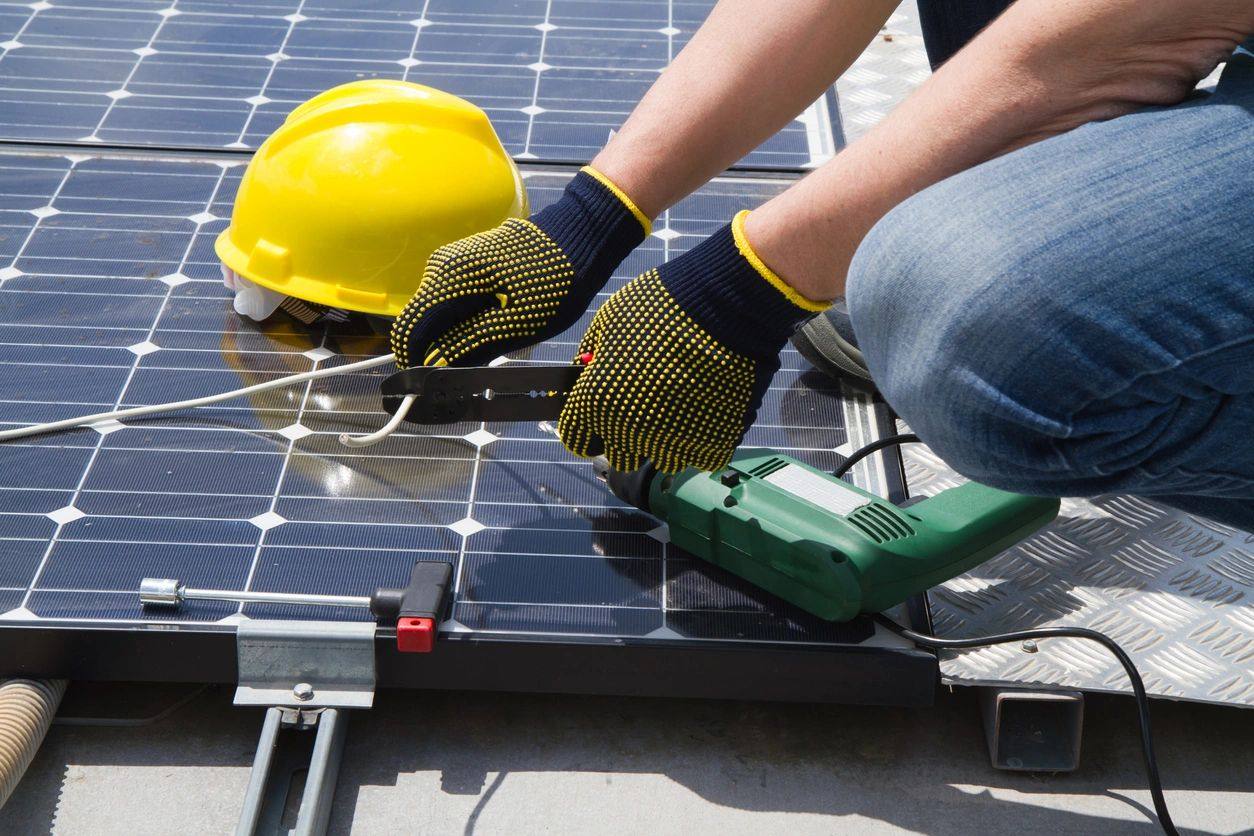*Collaboration
Are you considering solar panels for your home or business? If so, you’re probably wondering if it’s worth the investment. After all, solar panels are a significant upfront cost, and you want to ensure it will pay off in the long run. This guide breaks down everything you need to know about solar energy, how it can lead to long-term savings, and why it’s more than just an environmentally friendly option.
How Do Solar Panels Work?
Let’s start with the basics. Solar panels work by converting sunlight into electricity through photovoltaic cells. These cells capture sunlight, turning it into a form of energy that powers your home or business. Sounds straightforward, right?
But there’s more to it. The energy that your solar panels generate is either used immediately to power your property or stored in a battery for later use. This means you can reduce or even eliminate your reliance on the grid, slashing your electricity bills in the process.
The Financial Benefits of Going Solar
Now, let’s get into the heart of the matter: How much will you save?
Lower Energy Bills
One of the immediate benefits you’ll notice after investing in solar panels is a reduction in your electricity bills. The amount you save depends on how much energy your system generates, the size of your installation, and local electricity rates. If your panels produce enough energy, you could even see your monthly bills drop to zero.
Tax Incentives
Depending on where you live, you might be eligible for tax breaks and incentives for going solar. In the U.S., for example, the federal government offers the Solar Investment Tax Credit (ITC), which allows you to deduct a significant portion of your installation costs from your taxes.
Increased Property Value
Homes and businesses with solar installations often see an increase in property value. Potential buyers see the long-term energy savings as an attractive feature, and you can command a higher price when it’s time to sell.
Net Metering
In some states, you can participate in a program called net metering. This allows you to sell excess energy your panels generate back to the grid. Not only does this cut your bills further, but in some cases, you could even make money!
Protection Against Rising Energy Costs
Energy prices fluctuate, and they’ve been steadily rising over time. With solar panels, you can lock in lower energy costs, protecting yourself from future hikes. Essentially, you’re making an investment that keeps on giving as traditional energy costs go up.
How Long Does It Take to Break Even?
One of the most common questions people ask is, “How long until my investment pays off?” This is known as the “payback period.” The payback period depends on several factors, including:
- The size of your system
- Installation costs
- Local electricity rates
- Tax incentives and rebates
Typically, most homeowners see a return on their investment within 6 to 10 years. However, solar panels are built to last for 25 to 30 years, meaning that once you’ve broken even, you’re essentially getting free energy for the remainder of the panel’s lifespan.
Are Solar Panels Right for You?
Not all homes or businesses are perfectly suited for solar panels. Before you make the leap, there are a few things you’ll want to consider:
- Roof Condition – Are your roof and structure in good shape? Solar panels are a long-term installation, so it’s important to make sure your roof can handle them. You don’t want to put panels on a roof that will need replacing in a few years.
- Sun Exposure – Do you live in a sunny area? Solar panels work best in regions with consistent sunshine. However, even if you don’t live in a sun-drenched state, advances in technology have made panels more efficient, meaning even overcast areas can benefit.
- Upfront Costs – While solar panels do save you money in the long run, the initial cost can be high. Be sure to budget properly or explore financing options. Some companies offer zero-down leases or loans, which can make the upfront cost more manageable.
Environmental Impact: An Added Bonus
While the financial benefits are often the main motivator, we can’t ignore the environmental positives that come with going solar. Every time you use solar power instead of electricity from the grid, you’re reducing your carbon footprint. Solar energy is clean, renewable, and significantly reduces the amount of harmful emissions compared to fossil fuels.
By choosing solar, you’re doing your part to combat climate change, conserve resources, and promote a greener planet. While it’s a long-term investment in your financial future, it’s also an investment in the future of the planet.
What’s the Next Step?
If you’ve made it this far, you’re probably pretty interested in what solar panels can do for you. The next step is to do some research on local installers, get quotes, and explore financing options if needed. Don’t forget to look into any local or state incentives that could make your investment even sweeter.
Investing in solar panels is a big decision, but it’s one that can offer substantial long-term rewards. Whether you’re motivated by cutting costs, increasing property value, or reducing your environmental impact, solar energy is worth considering.
Ready to Go Solar?
Think about where you’d like to be in 5, 10, or even 20 years. Could solar energy be part of that picture? The savings are real, the technology is advancing, and the time to consider solar is now. Your future self – and the planet – might just thank you for it.

